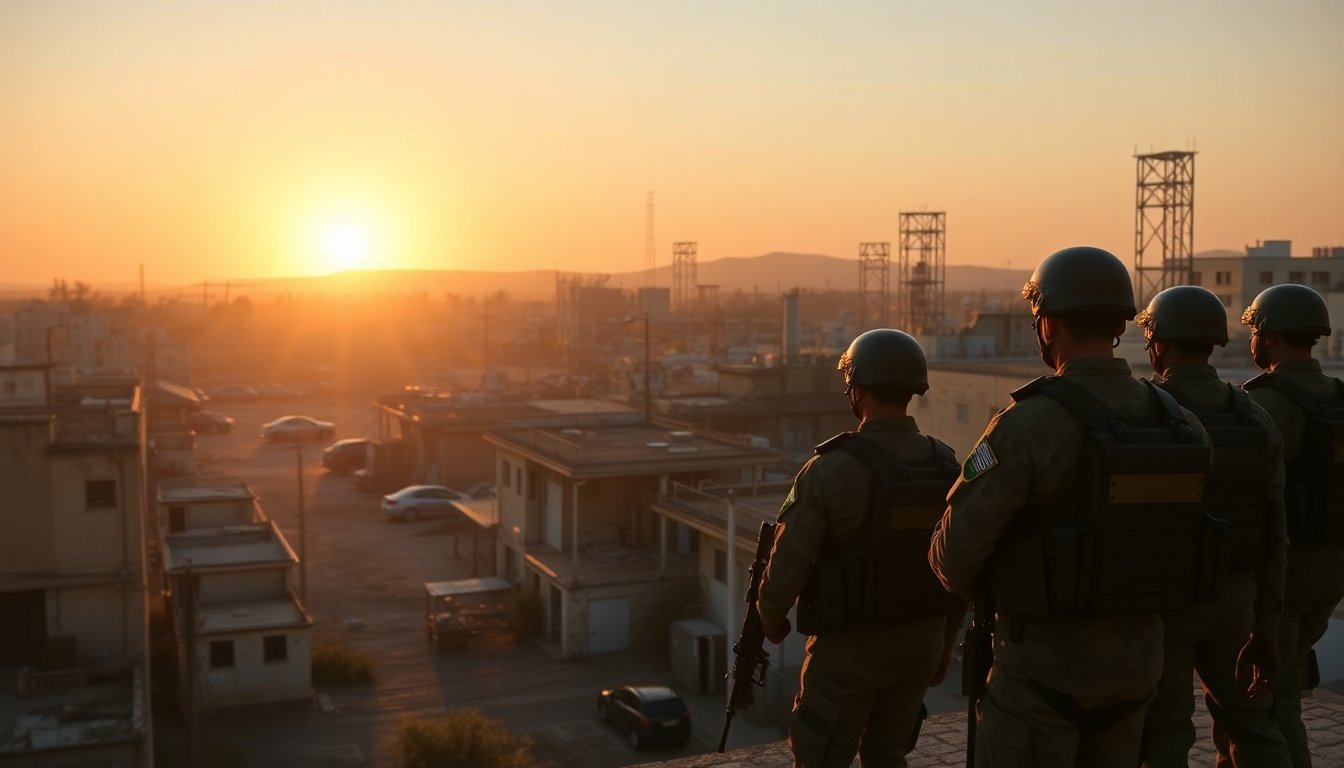Table of Contents
The ongoing political discourse regarding military intervention in drug trafficking has ignited intense discussions among lawmakers. As tensions escalate due to the growing power of drug cartels, prominent figures such as Vice President JD Vance have made provocative statements about employing military force against those they accuse of enabling drug-related harm. This article seeks to analyze these remarks, the reactions they elicit, and the broader implications for national security and international law.
The Context of Military Intervention in Drug Trafficking
In recent years, the increase in illegal narcotics entering the United States has led to calls for more aggressive strategies to combat drug trafficking. The complexities of this issue are reflected in the differing viewpoints within the government. Vice President JD Vance has recently asserted that the military should be involved in eliminating cartel members, framing this as a necessary action to safeguard American citizens. This claim has drawn criticism from fellow lawmakers who argue that such proposals may infringe upon international law, particularly regarding due process.
Senator Rand Paul has voiced strong objections, questioning the morality of advocating for extrajudicial killings without trial or representation. His reference to Harper Lee’s classic novel, *To Kill a Mockingbird*, underscores the ethical dilemmas of punishing individuals without a fair judicial process. These discussions are vital as they highlight the tension between national security interests and the commitment to legal principles.
Responses from Political Figures
The political landscape is increasingly polarized, with responses to Vance’s statements reflecting this divide. While some, like Senator Bernie Moreno, advocate for a tough stance against drug traffickers, emphasizing the necessity of protecting American lives, others warn about the potential repercussions of military actions. This divide raises critical questions about the government’s role in addressing the threats posed by international drug cartels and the acceptable methods in this ongoing battle.
Furthermore, former President Donald Trump has echoed similar views, indicating a trend among certain Republican figures to support aggressive military tactics. However, this approach raises concerns from legal experts and human rights advocates, who caution that such actions could potentially lead to war crimes if civilians suffer as a result.
Ethical Implications and Future Outlook
As the discussions surrounding military intervention in drug trafficking persist, the ethical implications of such strategies must be carefully considered. The risk of collateral damage and the potential violation of international norms must be weighed against the perceived need for enhanced security measures. Policymakers must navigate these complex issues with caution, balancing the urgency of addressing drug-related violence with the principles of justice and human rights.
Looking forward, it is crucial for lawmakers to engage in constructive dialogue that examines all aspects of this multifaceted issue. The stakes are high, impacting not only those directly involved but also broader implications for U.S. foreign policy and international relations. As the debate evolves, monitoring how these discussions shape future military and legislative actions against drug trafficking will be essential, particularly as the 2024 elections approach.


